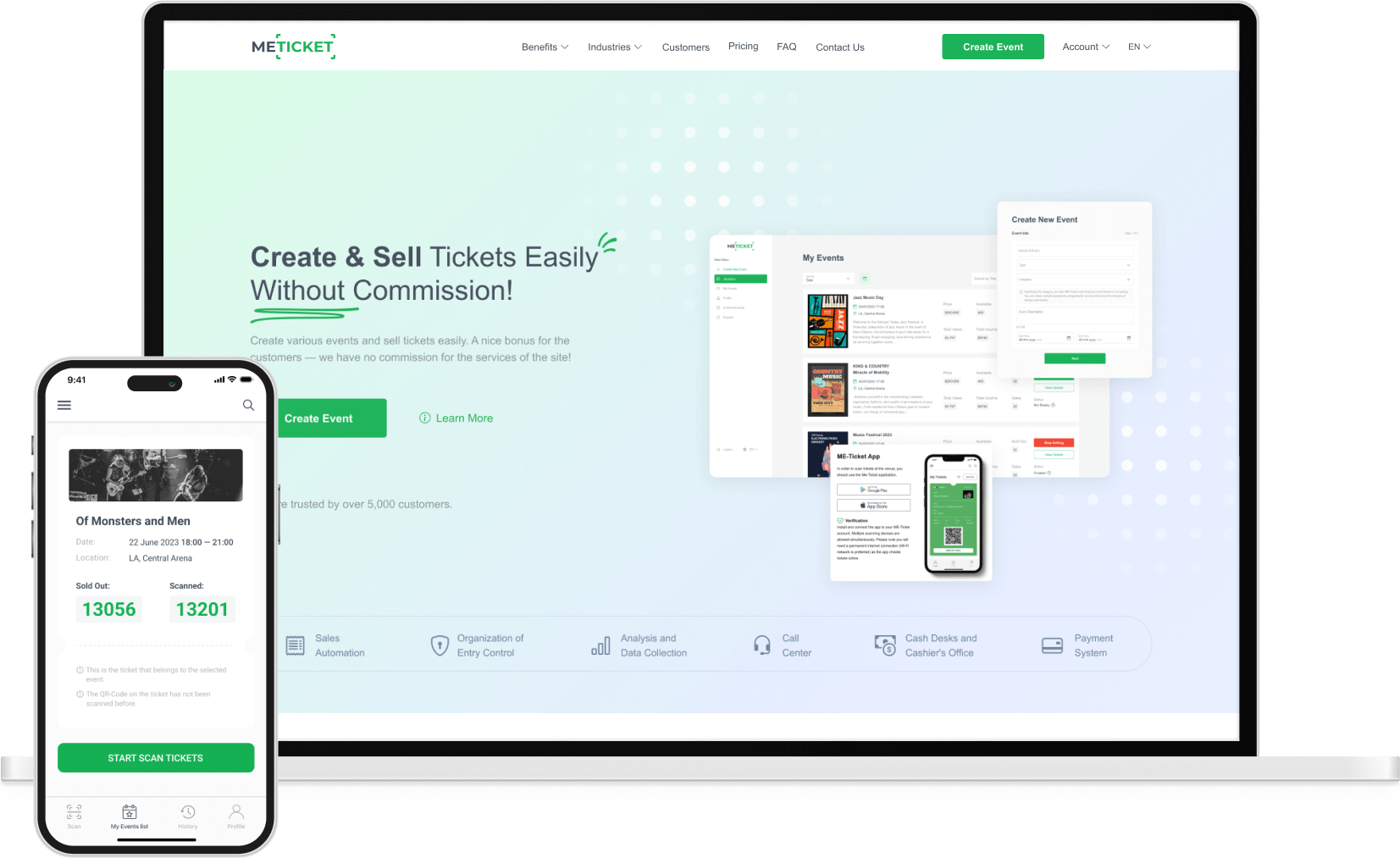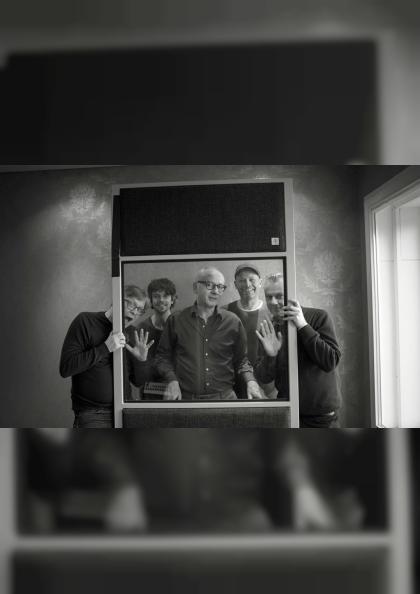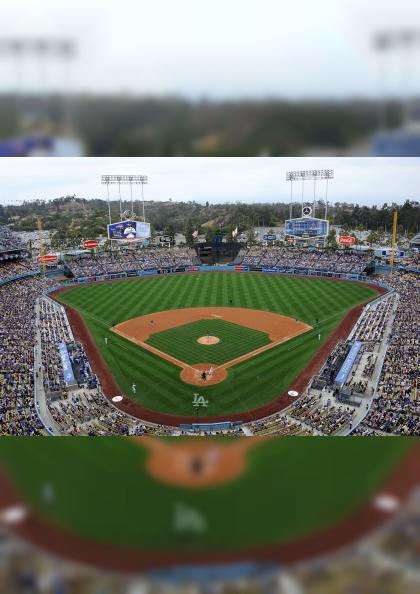What scientists think about GPT-4
What scientists think about GPT-4
OpenAI, a firm that develops artificial intelligence, has recently launched GPT-4. It is the most recent iteration of the big language model that drives its well-known chatbot ChatGPT. The business claims that GPT-4 has significant enhancements and has already astounded users with its capacity to produce text that is similar to human speech and to generate graphics and computer code in response to almost any instruction. While some are disappointed that they cannot currently access the technology, its underlying code, or details on how it was taught, researchers claim that these skills have the potential to alter science. According to experts, this causes uncertainty regarding the technology's safety and reduces its value for study.
OpenAI, a firm that develops artificial intelligence, has recently launched GPT-4. It is the most recent iteration of the big language model that drives its well-known chatbot ChatGPT. The business claims that GPT-4 has significant enhancements and has already astounded users with its capacity to produce text that is similar to human speech and to generate graphics and computer code in response to almost any instruction. While some are disappointed that they cannot currently access the technology, its underlying code, or details on how it was taught, researchers claim that these skills have the potential to alter science. According to experts, this causes uncertainty regarding the technology's safety and reduces its value for study.
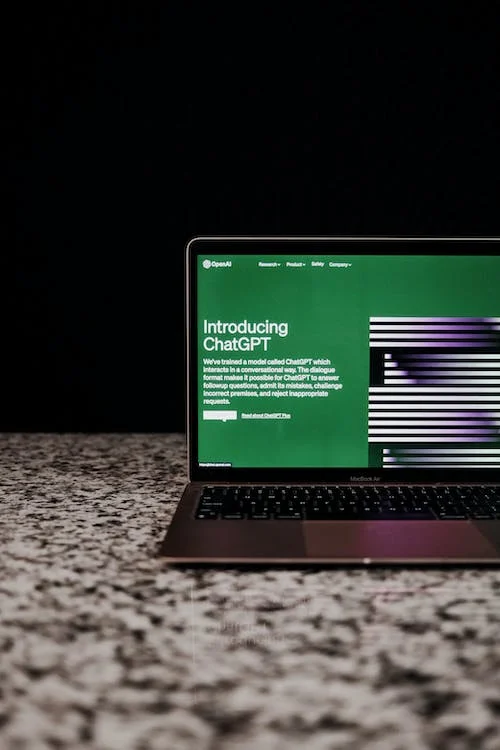
GPT-4, which was launched on March 14, now supports both text and graphics, a major improvement. Moreover, Open AI, a San Francisco, California-based company, claims that as evidence of its language proficiency, it passed the US bar legal test with scores in the ninetieth centile, up from the tenth centile for the previous iteration of ChatGPT. However as of right now, only ChatGPT users who have paid for access may use the technology.
Evi-Anne van Dis, a psychologist at the University of Amsterdam, says that there is now a waiting list, making it impossible for you to utilize it right now. Yet she has seen GPT-4 demonstrations. She saw some films where they showed off their abilities, and it's incredible, she adds. She cites one occasion where GPT-4 utilized a hand-drawn website doodle to generate the computer code required to create that website as proof of its capability to accept pictures as inputs.
Yet the lack of transparency by OpenAI on the model's training process, the data used, and how it really operates has angered the scientific community. Sasha Luccioni, a research scientist at HuggingFace, an open-source-AI community, claims that all of these closed-source models are effectively scientific dead ends. "They [OpenAI] can keep building upon their research, but for the community at large, it’s a dead end."
"Red team" trials
In his capacity as a "red-teamer," or someone hired by OpenAI to test the platform in an effort to make it do something terrible, Andrew White, a chemical engineer at the University of Rochester, has had exclusive access to GPT-4. He claims that he has had access to GPT-4 for the last six months. Early on in the process, it didn't appear all that different from earlier incarnations, according to the expert.
He asked the bot questions about the necessary chemical processes to create a molecule, how to anticipate the reaction yield, and how to choose a catalyst. White admits that initially, he wasn't all that pleased. That truly caught him off guard since it would seem to be so realistic yet would hallucinate an atom. There, it would omit a step, he continues. Nevertheless, when he gave GPT-4 access to academic publications as part of his red-team effort, things drastically altered. That helped to understand that maybe these models aren't all that amazing by themselves. Yet, new sorts of skills suddenly appear when you start linking them to the Internet and devices like a calculator or a retrosynthesis planner.
These skills also raise some doubts. Might GPT-4, for instance, permit the production of hazardous chemicals? According to White, OpenAI programmers updated their model with feedback from users like him to deter GPT-4 from producing harmful, unlawful, or hazardous material.
GPT-4, which was launched on March 14, now supports both text and graphics, a major improvement. Moreover, Open AI, a San Francisco, California-based company, claims that as evidence of its language proficiency, it passed the US bar legal test with scores in the ninetieth centile, up from the tenth centile for the previous iteration of ChatGPT. However as of right now, only ChatGPT users who have paid for access may use the technology.
Evi-Anne van Dis, a psychologist at the University of Amsterdam, says that there is now a waiting list, making it impossible for you to utilize it right now. Yet she has seen GPT-4 demonstrations. She saw some films where they showed off their abilities, and it's incredible, she adds. She cites one occasion where GPT-4 utilized a hand-drawn website doodle to generate the computer code required to create that website as proof of its capability to accept pictures as inputs.
Yet the lack of transparency by OpenAI on the model's training process, the data used, and how it really operates has angered the scientific community. Sasha Luccioni, a research scientist at HuggingFace, an open-source-AI community, claims that all of these closed-source models are effectively scientific dead ends. "They [OpenAI] can keep building upon their research, but for the community at large, it’s a dead end."
"Red team" trials
In his capacity as a "red-teamer," or someone hired by OpenAI to test the platform in an effort to make it do something terrible, Andrew White, a chemical engineer at the University of Rochester, has had exclusive access to GPT-4. He claims that he has had access to GPT-4 for the last six months. Early on in the process, it didn't appear all that different from earlier incarnations, according to the expert.
He asked the bot questions about the necessary chemical processes to create a molecule, how to anticipate the reaction yield, and how to choose a catalyst. White admits that initially, he wasn't all that pleased. That truly caught him off guard since it would seem to be so realistic yet would hallucinate an atom. There, it would omit a step, he continues. Nevertheless, when he gave GPT-4 access to academic publications as part of his red-team effort, things drastically altered. That helped to understand that maybe these models aren't all that amazing by themselves. Yet, new sorts of skills suddenly appear when you start linking them to the Internet and devices like a calculator or a retrosynthesis planner.
These skills also raise some doubts. Might GPT-4, for instance, permit the production of hazardous chemicals? According to White, OpenAI programmers updated their model with feedback from users like him to deter GPT-4 from producing harmful, unlawful, or hazardous material.
Untrue facts
Another issue is the distribution of misleading information. Models like GPT-4, which are used to anticipate the next word in a phrase, according to Luccioni, can't be made to stop creating fictitious information, also known as hallucinating. There is so much delusion, she argues, that you can't depend on these types of models. While OpenAI claims that GPT-4's safety has been addressed, she asserts that this is still a worry in the most recent version.
Untrue facts
Another issue is the distribution of misleading information. Models like GPT-4, which are used to anticipate the next word in a phrase, according to Luccioni, can't be made to stop creating fictitious information, also known as hallucinating. There is so much delusion, she argues, that you can't depend on these types of models. While OpenAI claims that GPT-4's safety has been addressed, she asserts that this is still a worry in the most recent version.
Luccioni believes that OpenAI's guarantees concerning safety fall short in the absence of access to the training data. "You don’t know what the data is. So you can’t improve it. I mean, it’s just completely impossible to do science with a model like this ," she claims.
Claudi Bockting, a psychologist and van Dis's colleague in Amsterdam, is equally concerned by the GPT-4 training enigma. As a human, she claims, it's really difficult to be responsible for something that you cannot control. One of the worries is that they may be far more prejudiced than, say, the bias that people have on their own. It is hard to identify the source of the bias or to correct it without having access to the GPT-4 code, according to Luccioni.
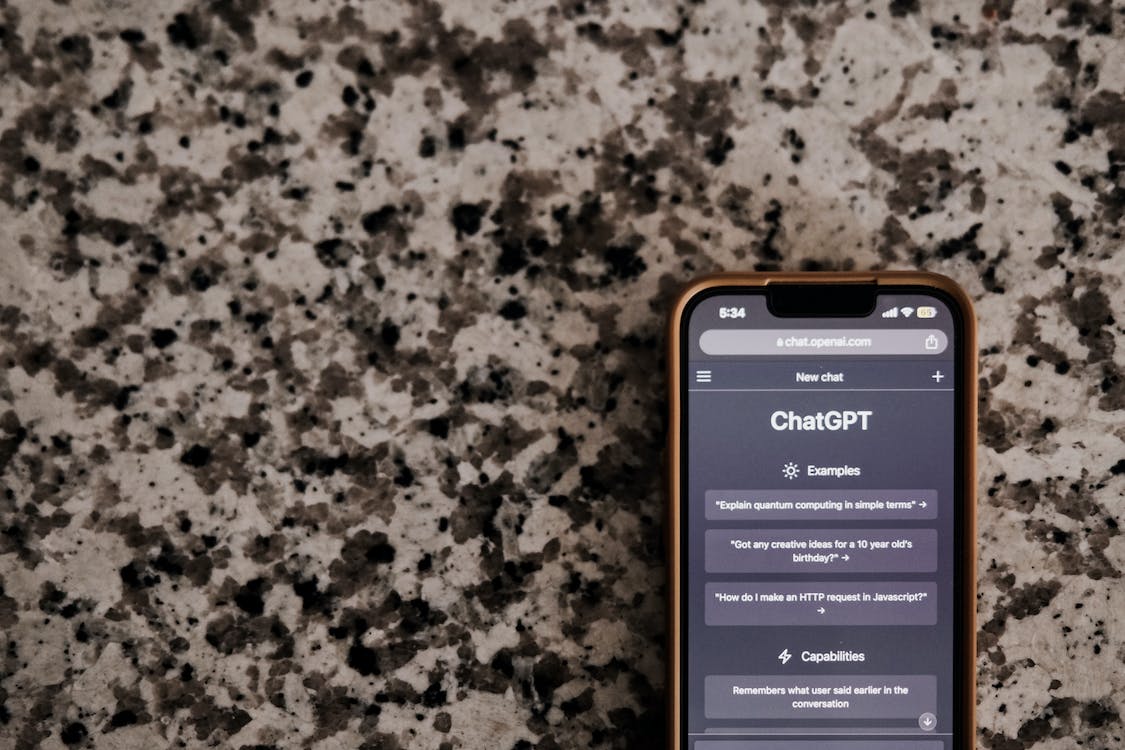
Luccioni believes that OpenAI's guarantees concerning safety fall short in the absence of access to the training data. "You don’t know what the data is. So you can’t improve it. I mean, it’s just completely impossible to do science with a model like this ," she claims.
Claudi Bockting, a psychologist and van Dis's colleague in Amsterdam, is equally concerned by the GPT-4 training enigma. As a human, she claims, it's really difficult to be responsible for something that you cannot control. One of the worries is that they may be far more prejudiced than, say, the bias that people have on their own. It is hard to identify the source of the bias or to correct it without having access to the GPT-4 code, according to Luccioni.
Ethical debates
Bockting and van Dis are particularly worried about the growing ownership of these AI systems by major tech firms. They aim to guarantee that the technology has undergone enough testing and scientific validation. Collaboration with big tech may, of course, speed up procedures, so there is also a chance, she continues.
Earlier this year, Van Dis, Bockting, and others presented an argument that it is urgently necessary to create a set of "living" rules to regulate how AI and tools like GPT-4 are used and created. They worry that regulations pertaining to AI technology may find it difficult to keep up with the rate of development. On April 11, Bockting and van Dis will host an invitation-only summit at the University of Amsterdam to examine these issues with officials from groups including the World Economic Forum, the Organization for Economic Co-operation and Development, and UNESCO's science-ethics committee.
Notwithstanding the worries, GPT-4 and its next incarnations will revolutionize research, according to White. There will be a significant shift in science's infrastructure, similar to how the internet affected society. He says that although technology could assist with specific activities, it won't replace scientists. We're going to begin seeing that articles, data programs, libraries we utilize, computational work, even robotic experimentation, are all connected.
Ethical debates
Bockting and van Dis are particularly worried about the growing ownership of these AI systems by major tech firms. They aim to guarantee that the technology has undergone enough testing and scientific validation. Collaboration with big tech may, of course, speed up procedures, so there is also a chance, she continues.
Earlier this year, Van Dis, Bockting, and others presented an argument that it is urgently necessary to create a set of "living" rules to regulate how AI and tools like GPT-4 are used and created. They worry that regulations pertaining to AI technology may find it difficult to keep up with the rate of development. On April 11, Bockting and van Dis will host an invitation-only summit at the University of Amsterdam to examine these issues with officials from groups including the World Economic Forum, the Organization for Economic Co-operation and Development, and UNESCO's science-ethics committee.
Notwithstanding the worries, GPT-4 and its next incarnations will revolutionize research, according to White. There will be a significant shift in science's infrastructure, similar to how the internet affected society. He says that although technology could assist with specific activities, it won't replace scientists. We're going to begin seeing that articles, data programs, libraries we utilize, computational work, even robotic experimentation, are all connected.
